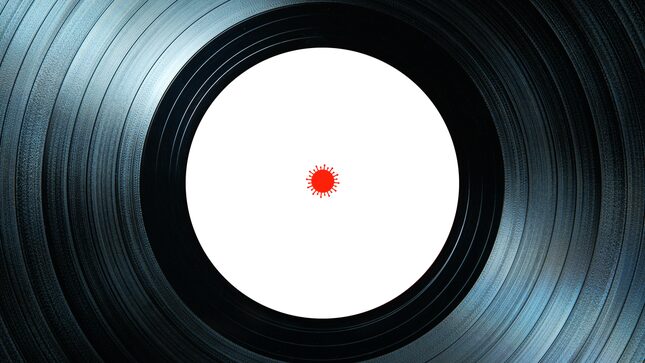
Illustration: Elena Scotti
Looking out at the rest of the year, at the beginning of 2020, early spring was full of exciting releases. Lady Gaga’s sixth album Chromatica and Haim’s Woman in Music Part III were set for April, and May would bring the Dixie Chicks’ first album in 14 years and new music from Alanis Morissette. But then the coronavirus pandemic hit, severely altering daily life, and the daily news cycle was filled with exhausting images and stories of isolation, unemployment, and death. Suddenly, it didn’t seem like the best time to deliver new music.
“I think collectively we’ve worked really hard to bring you something that will bring you some joy, especially at a time like this,” Dua Lipa said, sobbing on Instagram Live when she announced she’d be releasing her then-leaked sophomore album Future Nostalgia early in March, just as the threat of covid-19 had shuttered people inside. “I’m not sure I’m even doing the right thing, but I think we need the most at the moment is music,” she continued.
Several artists seized the opportunity Dua Lipa didn’t have and chose to push back their releases, sometimes indefinitely. “It just doesn’t feel right to me to release this album with all that is going on during this global pandemic,” Lady Gaga said when she announced Chromatic would be delayed. “We feel this is the best decision given the current state of things,” Haim announced when advancing their release to sometime in the summer. The Dixie Chicks album would have to wait, too.
But as the weeks went by and the fantasy that weeks of social distancing would return the world to an acceptable place to embrace new pop, the waiting game made less sense logistically. The artists who’d paused releases set new dates. Chromatica eventually dropped in May, Haim’s album is set for June, and the Dixie Chicks’ new album will finally be out in July. According to a handful of music publicists and representatives I spoke to, finally putting that music out into the world, no matter how the pandemic changes it, is the practical move.
-

-

-

-

-

-

-

-

-

-

-

-

-

-

-

-

-

-

-

-

-

-

-

-

-

-

-

-

-

-

-

-

-

-

-

-

-

-

-

-








































